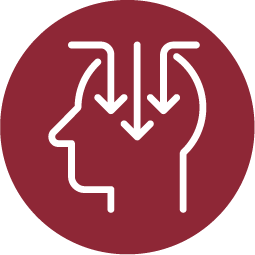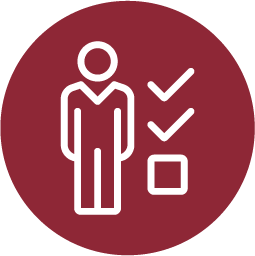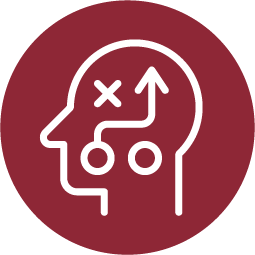In your role as someone who oversees training or field effectiveness initiatives, you may also have the responsibility to measure the overall effectiveness in training. For several years, we have read about the coming “measurement revolution,” in which measuring training effectiveness and ROI will be a required part of any training plan. In working with customers trying to implement these types of measurement plans, Aquinas has seen a great deal of confusion about what should be measured, when it should be measured, and how it should be measured.
There are amazing books about training measurement. If you are interested in a deep review of the subject, we would recommend:
- The Training Measurement Book: Best Practices, Proven Methodologies, and Practical Approaches 1st Edition by Josh Bersin
https://www.amazon.com/Training-Measurement-Book-Methodologies-Approaches/dp/1118682408 - ASTD Handbook of Measuring and Evaluating Training by Patti Phillips
https://www.td.org/books/astd-handbook-of-measuring-and-evaluating-training - Kirkpatrick’s Four-Level Training Evaluation Model
https://www.amazon.com/Kirkpatricks-Four-Levels-Training-Evaluation/dp/1607280086/
Additionally, groups such as the Association for Talent Development (https://www.td.org/), offer wonderful courses, learning certificates, and additional resources about measuring training.
For a more general overview, we’d like to provide a “primer” on some key concepts regarding the what and how of measuring training.
 Question #1: What are you measuring?
Question #1: What are you measuring?
We aren’t going to get fancy and discuss Bloom’s Taxonomy here – we’re going to keep it easy. Generally speaking, trainers want to measure one of the following:
| Reaction/Experience | Knowledge | Skill Transfer |
| How did the learners like or react to the training experience? | How much information did the learners retain? | How much can the learners apply? |
A well-planned measurement approach will measure all three of these metrics and provide guidance as to how and when to measure these things.
 Question #2: How will you measure it?
Question #2: How will you measure it?
Tools for measuring training are inexpensive and easy-to-use. However, it takes someone who understands training measurement to apply the right tool at the right time. Examples of the most frequently used training measurement tools and appropriate timelines for deploying these tools are shown below:
| Reaction/Experience | Knowledge | Skill Transfer |
| Best measured within hours/days of a learning event | Best measured within days/weeks of a learning event | Best measured within months of a learning event – but needs to be after a period of time |
|
Methods: • Surveys • Focus groups |
Methods: • Assessments • Case studies • Game-based activities |
Methods: • Observations • Interviews • Retrospective coaching form reviews |
Again, knowing what you are trying to measure is key. You must use the appropriate tool based on what you are trying to measure.
 Question #3: How will you use the measurements?
Question #3: How will you use the measurements?
This is one of questions that is often skipped, but it is a critical concept: How will you use the information you have gathered?
Some things to consider:
- How will you report the data to your key stakeholders?
- Will you be tracking this data over time?
- How “actionable” is the information you will receive? Would you stake an important decision on the information?
One of the best practices is to have an answer to all the above questions before you begin the measurement process. Data collected and unused is data wasted.
Aquinas would be glad to work with you to devise a training measurement plan – it’s a part of what we do!
Join the Conversation
We want to hear from you!
Given your training experience, how do you effectively measure training? How have you used the information within your organization?
Join the conversation by visiting LinkedIn. Share tips you have found successful in your own organization!
If you would like more information from Aquinas about this topic, contact: ideasforyou@aquinaslg.com.
At Aquinas, our mission is to develop creative training, skillfully executed, to unleash YOUR success.

